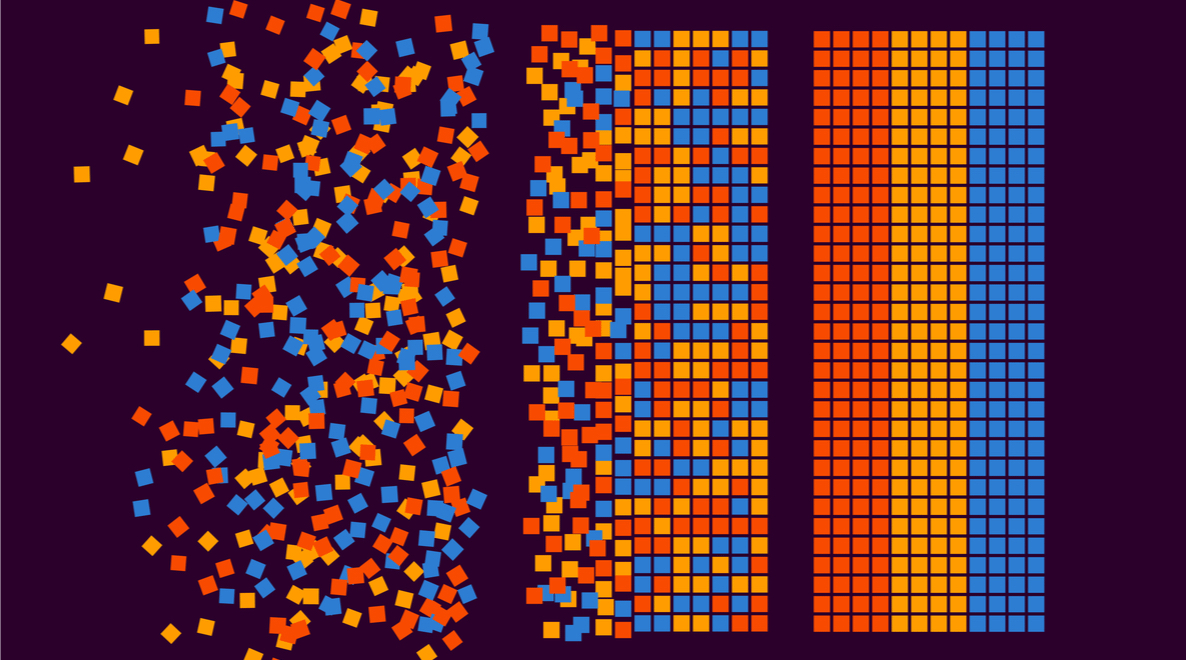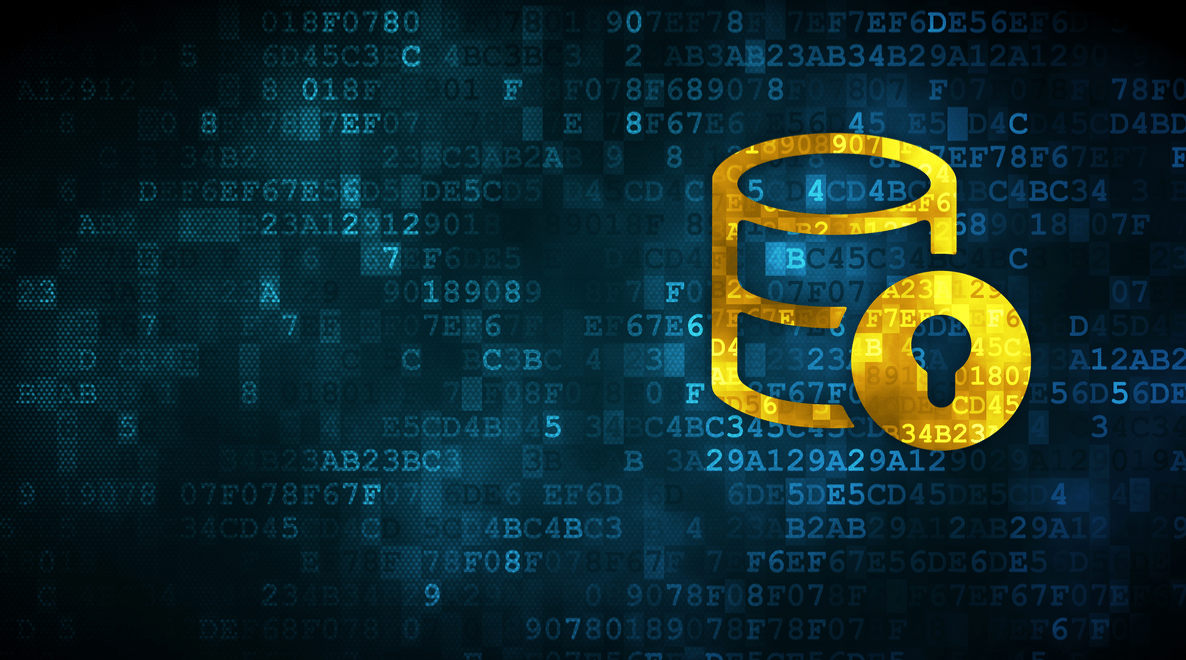We’re living in the Age of Information, and that means data is everywhere. Big data refers to the analysis and interpretation of the massive amounts of digital information generated on a daily basis.
Shopping transactions, photos and videos, Google searches, GPS signals, tweets, blog posts, status updates—everything we do in the digital world is creating new data faster than anyone can make sense of it.
To meet the increasing demand for experts in big data, many schools now offer bachelor’s degrees in this field. Our rankings for the Best Online Bachelor’s in Big Data Degrees and Best Bachelor’s in Big Data Degrees highlight some of the top programs.
Technopedia explains what distinguishes big data from other types of analytics:
“Big data refers to a process that is used when traditional data mining and handling techniques cannot uncover the insights and meaning of the underlying data. Data that is unstructured or time sensitive or simply very large cannot be processed by relational database engines. This type of data requires a different processing approach called big data, which uses massive parallelism on readily-available hardware.”
In layman’s terms, big data is focused on new methods of parsing, interpreting, and extrapolating from the unprecedented amount of information that is now available.
Big data has applications across any number of industries. For example, data analytics can be used to track a new epidemic, predict future outbreaks, and help doctors determine a containment strategy.
In finance, big data is used to identify market patterns that might not be obvious through traditional economic techniques. Business experts can use this information to take advantage of emerging opportunities and mitigate financial risk.
From a marketing perspective, data from billions of search queries and social media interactio0ns can be assessed and analyzed for customer preferences. This allows companies to receive feedback about their products and services, and those of their competitors, on a scale that’s never been accessible before.
These are just a few examples of what big data can do. As one of the most innately interdisciplinary fields, the possibilities in big data are truly endless.
Data science at this scale is still a new and evolving field. According to the Guardian, only about 0.5 percent of the world’s data has ever been analyzed. The true potential of big data remains largely untapped.
As more and more industry experts recognize the value of this powerful new discipline, the job opportunities for big data experts are likely to grow exponentially. With the right education, one of these jobs could easily be yours. Our ranking for the Best Online Bachelor’s in Big Data Degrees can help you find your footing in this field. Or, if you think you would prefer the traditional college experience, take a look at our ranking for the Best Residential Bachelor’s in Big Data Degrees.











